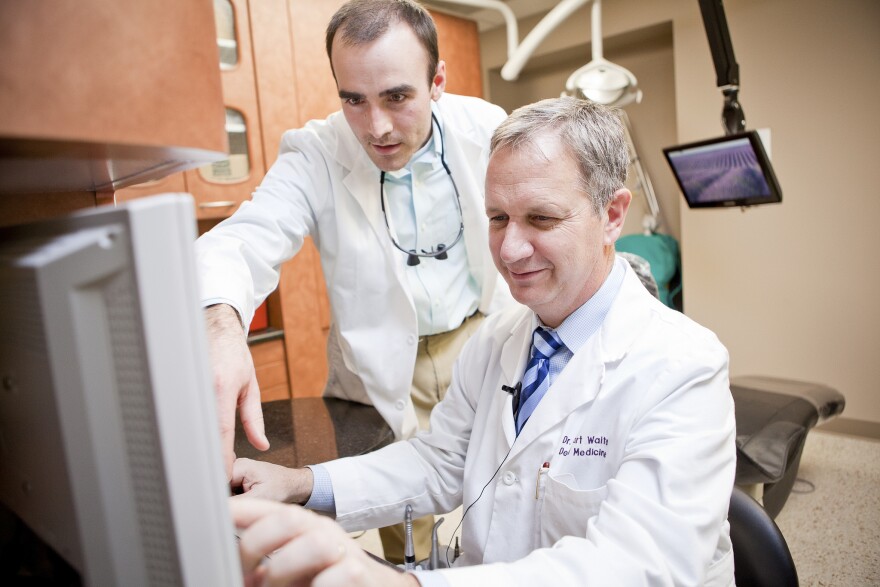After many years of hard work at medical school, recently graduated students may like to believe that they have finally completed their education. However, since medical practice and treatments are constantly evolving, doctors are required to receive periodic supplementary education in order to maintain their practices.
This week on “Take Care,” Dr. Atul Grover discusses continuing medical education and its importance for both physicians and their patients. Grover serves as chief public policy officer of the Association of American Medical Colleges.
Click 'Read More' to hear our interview with Dr. Grover.
Each year, most doctors are required to complete 25 to 50 hours of continuing medical education, or CME. The education process is usually tailored to a particular doctor’s specialty. Physicians can identify the courses that they need to make their education more relevant.
“There’s a lot of flexibility and a lot of different subject areas,” says Grover.
The general public also has some say in the type of education that local physicians receive. Each state has the right to require different forms of education depending on the specific needs of its communities.
Organizations like Society for Academic Continuing Medical Education provide educational opportunities while the Accreditation Council for Continuing Medical Education accredits educational providers.
Doctors can also receive credit while on the job by using online resources. Grover says that by doing so, physicians are “improving their practice in real time.”
Doctors who fail to meet continuing education requirements may be sanctioned and can lose patients as a result. Grover says that insurance companies and hospitals can refuse doctors who have not maintained their board certification.
Grover also recommends that patients do some research before visiting a new doctor to make sure that the doctor has kept his or her education up to date. The American Board of Medical Specialties provides patients with such information.
Researching doctors gives patients the ability to become more involved in their own healthcare.
“I think a patient should be concerned about it,” Grover says.




